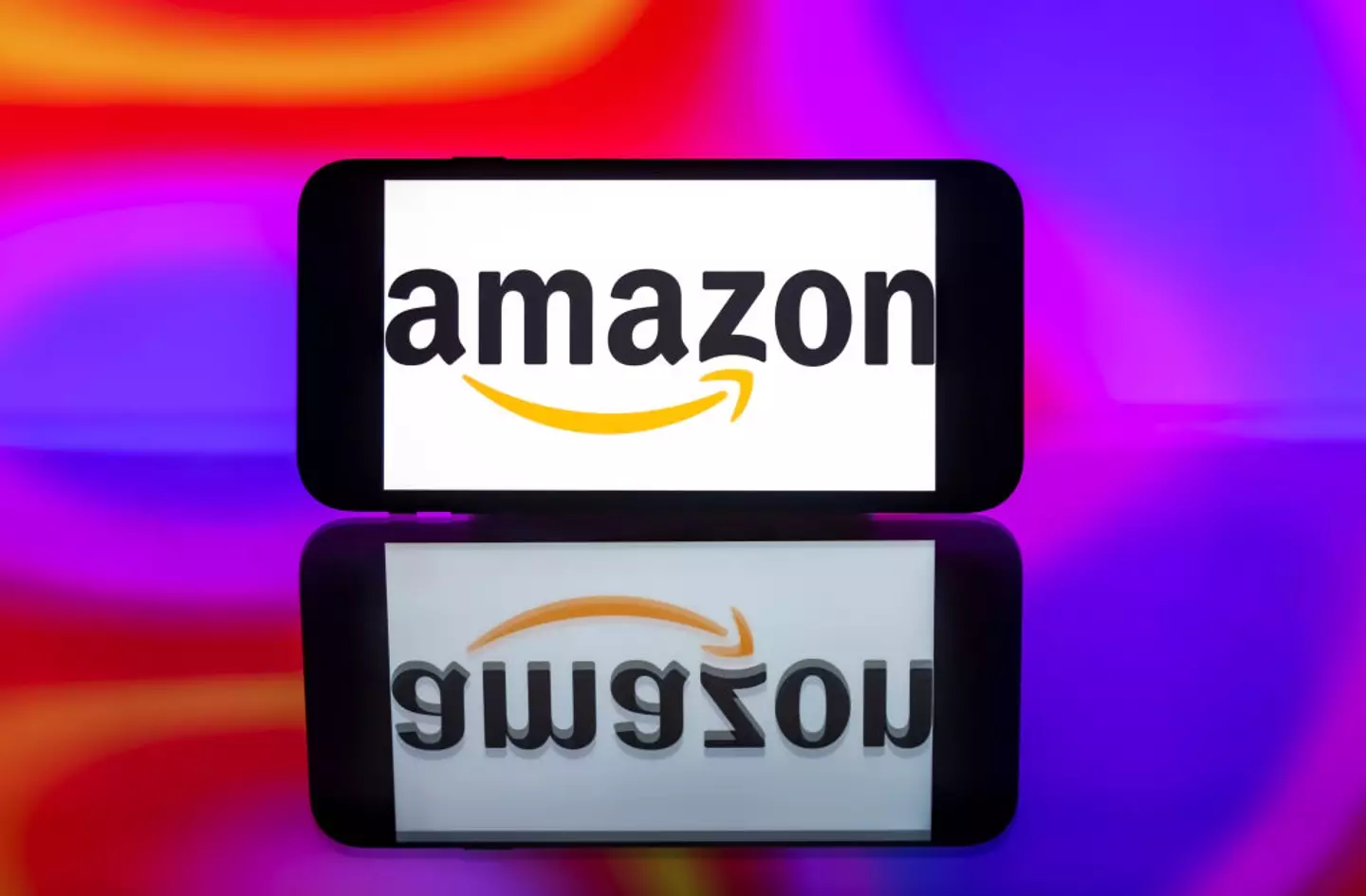


An interesting animation uploaded to Reddit this week has set tongues wagging about one major absentee from the lineup.
The animation posts on the Damnthatsinteresting subreddit purports to show a timelapse of the most popular websites on the internet from 1993 to 2022.
As the numbers get bigger over time, it's pretty amazing to watch websites that we now take for granted pop up out of nowhere before growing to a huge size - Google being the most obvious example of that.
Others, meanwhile, are noticeable for how they fall away from dominant positions, with the likes of both MSN and Yahoo charting a significant rise and fall.
Commenters under the post, though, have noticed that there's one absolutely huge site that seems quite surprising for its absence from the list.
Advert
Although it pops up in lower positions occasionally (like in 2007, when it made a charge), Amazon is surprisingly not a mainstay at the top of the chart. This is despite it being pretty much undisputed as the top e-commerce website in the world.
As one commenter succinctly wondered: "How is Amazon not up there at the end?" And it's a question that some people can't let go of.
One useful theory comes from a reply to that same question, asking: "Do apps count here or only browser websites?"
That would be a pretty decent explanation for why Amazon might not be doing the numbers you'd expect - if people are mostly using the Amazon app rather than visiting its website in a browser. This certainly must be the case on some level, since if apps were counted, then you'd expect to see giants like Instagram by the end of the animation.

It's not just Amazon, either, with another comment saying: "It is kinda crazy to me Amazon and eBay are not in the top 10."
Regardless, it's pretty fascinating to watch the ebb and flow in the fortunes of huge websites like this, and to see the scale of them relative to each other.
This is particularly stark when you take in the top three sites by the end (which is in early 2022). Google is streets ahead, but YouTube is also huge, and Facebook comes close behind, before a huge gap to the next site (Twitter, which has since been sold to Elon Musk and renamed X).
Plus, of course, there's always something fun about learning that there are huge websites you might not have even heard of, from Chinese site Baidu to Russian Yandex.